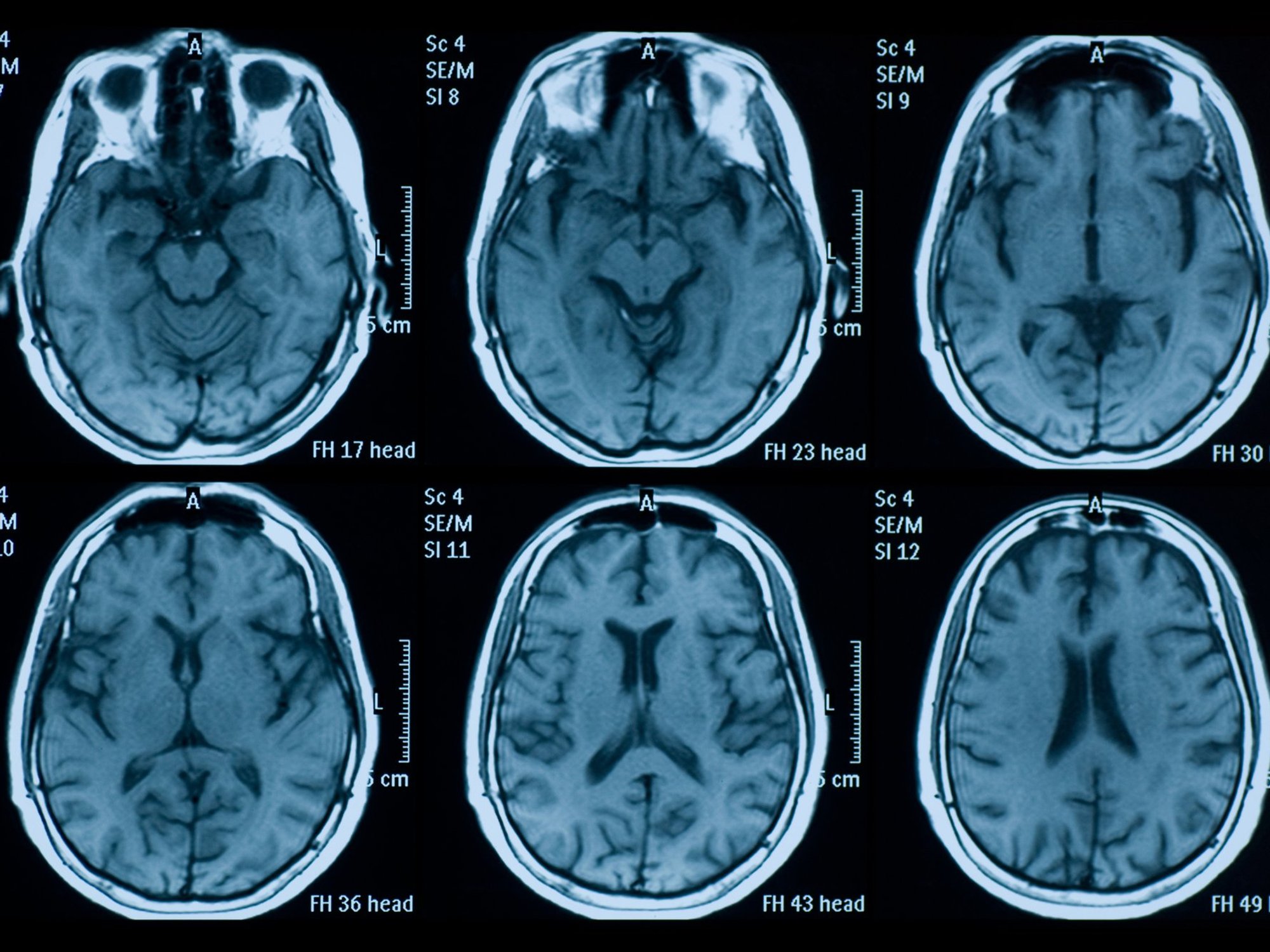Weight loss guru names 'silent saboteur' destroying fat loss goals - 'The issue isn't food'

WATCH NOW: Nutritionist Ann Garry shares motivation tips for weight loss
|GB NEWS
Biology might be to blame for weight loss struggles
Don't Miss
Most Read
Floundering Britons who are struggling to shed pounds could be battling undetected hormonal disruptions, a leading weight loss expert has warned.
Sometimes, despite maintaining healthy diets and regular exercise routines, losing weight can be a real challenge. But it might be more of a battle of biology.
Explaining the baffling scenario, Professor Franklin Joseph from Dr Frank's Weight Loss Clinic revealed that biological factors beyond calorie intake could be thwarting weight loss efforts.
"We see patients every week who are doing everything 'right' but can't shift the weight," Prof Joseph explained.

Biology might be to blame for weight loss struggles
| GETTYThe specialist explained that it can, sometimes, be hormonal dysfunction which often causes traditional approaches to be ineffective.
"In many cases, the issue isn't food - it's hormones," he said, highlighting how these chemical messengers govern appetite, fat accumulation, energy levels and sleep patterns.
Insulin resistance has reared its head as a primary obstacle to weight loss, according to the weight loss guru.
When cells become less responsive to insulin, the body accumulates additional fat, especially in the abdominal region, whilst triggering sugar cravings regardless of dietary choices.
LATEST WEIGHT LOSS TIPS
"Insulin resistance is one of the most common roadblocks," he said. "When your body becomes less sensitive to insulin, it stores more fat, particularly around the middle, and craves more sugar - even on a 'clean' diet."
Elevated cortisol presents another challenge. Though necessary for short-term stress responses, persistently high levels of this hormone can impair metabolic function and promote stubborn abdominal fat deposits.
Prof Joseph warned that excessive high-intensity training could worsen hormonal problems as well, adding: "Many people don't realise that intense workouts like HIIT, especially when done too often or without recovery, can spike cortisol levels.
"If you're already stressed or under-slept, it can backfire - leaving you exhausted, inflamed, and no leaner."
Several warning signs may indicate hormonal disruption, such as stubborn belly weight, energy slumps during afternoons, persistent sugar cravings despite adequate protein consumption, disrupted sleep quality, and ongoing tiredness that persists following rest periods.

'If you're already stressed or under-slept, it can backfire - leaving you exhausted, inflamed, and no leaner,' the guru said
| PEXELS"If you're following a plan and not getting results - don't just push harder," Prof Joseph said. "There could be something deeper going on."
"You need to understand what your body is actually doing," he explained, pointing out that issues like insulin dysfunction, thyroid problems or cortisol imbalances demand proper medical evaluation.
Standard health checks frequently miss these disruptions, which can silently undermine fat loss efforts while leading to skyrocketing cravings and exhaustion.
"Sometimes it's not about willpower - it's about biology," Prof Joseph said. "And the only way to know is to get properly assessed."
He urged individuals experiencing unexplained weight loss resistance to seek targeted medical testing rather than self-blame.
"Sometimes your body isn't being stubborn - it's asking for help," he said.










